Charles Pakana (Victorian Aboriginal News):
With the failure of the First Nations Voice to Parliament Referendum in 2023, the pressure is well and truly on our Aboriginal and Torres Strait Islander elected representatives in government, all three levels of government, to ensure the First Nations voices are heard and importantly heeded. Joining me on the program today is one of those representatives, Senator Dorinda Cox, a Noongar and Yamatji woman, and since 2021, a senator for Western Australia representing the Greens. Senator, thanks so much for speaking with me today.
Senator Dorinda Cox (Greens, Western Australia):
Thanks for having me.
Charles:
Senator, in the lead-up to filling the Senate casual vacancy created by the resignation of Greens Senator Rachel Siewert in 2021, you’d worked with the Western Australia Police, the WA Ombudsman’s Advisory Committee on child deaths reviews and family violence homicides and numerous other organizations, including the Rudd Government’s National Council to reduce violence against women. At what point was entry into the world of politics identified as this is the way forward for you?
Senator Cox:
I think that, and thank you for giving a bit of an overview. I think that my want to be in politics happened from a very early age. I think that I have always been politically in tune, if I can put it in that way, but also just interested in the political world and what’s happening. And I think that comes mainly from, I’m an oldest child of two and I have a very, very large extended family. And I think when you grow up in a black family, you’re quite often, you’re thrusted into almost the pseudo leadership of your mob.
And so you’re always looking out for the benefit of other people. And I think that’s the joy of such large families. My dad is one of 18 children and my mum is one of 13. So you can imagine the amount of cousins that I have. But the want to be looking out for other people and other mob is something that is inherent in my DNA and something that I think I’ve always been interested in how the world influences that and the impact that has on just the environment that you live and work in.
And I think that politics has such a really profound impact on that, that I think it was a natural pull for me to then become an advocate, become someone that was sitting at sort of high level tables trying to understand the world and trying to understand how policy and legislation influences that. My family come from the Stolen generation, five generations of the Stolen generation. And so that want to get inside of the machinery of government and to understand and unpack why generational impact was so deeply ingrained in legislation, particularly here in Western Australia. The 1905 Act was everything was legal, everything that was done-
Charles:
Sure.
Senator Cox:
… to my people was legal. And so the removal of children is such a personal story for me and a by-product that obviously is family and domestic violence, which is why I went into the area of policing from a 17-year-old to understand how I might recalibrate that, how I might work within the machinery to learn all of the things that I needed to be tasked with. The trajectory into politics from that was quite rapid. I went and had a coffee with Rachel one day and then found myself in a pre-selection process.
Charles:
So she pre warned you that she was going to create this casual vacancy?
Senator Cox:
She did. She did. And it was quite a shock to me that I began to be quite understanding of Rachel held our First Nations portfolio for the Greens for quite some time. I think it was nearly nine years. And for her to pass the baton onto me was such a really, a great honor, both from a political point of view, but also just from a sense of it’s now time to have more black women in Parliament. And I think that’s that sense of honor. It comes also with a bit of a sense of responsibility for mob when you are a first. And I was the first First Nations woman from Western Australia into the Federal Parliament. So-
Charles:
Was federal politics though always the goal, or was there any consideration given to state or local?
Senator Cox:
It was my third attempt. I had previously ran in the state of Jandakot in the state election in the federal by-election for the state of Fremantle to be then pre-selected for a federal Senate position. No, it wasn’t my first option. I’d always also toyed with how important local government is, and particularly around lands and heritage and development.
Charles:
For sure.
Senator Cox:
I know how important local government is, and I think that’s a really big message that we need to spread to our mob far and wide across this country, around how we can learn all of the political systems, but at all levels of government, as you’ve already said.
Charles:
I’d mentioned before that right now with the failure of the 23 referendum campaign, there is a huge onus on you and other black senators and members of Parliament at the federal level to be that voice for our people right across the country. Have you noticed that since that time there is greater pressure on you, whether intentional or otherwise?
Senator Cox:
Look, I think there definitely is a lot of pressure. I think my approach to the way that I look at First Nations issues across the country is I’m not the voice. I’m not the voice of the people. I’m the voice of the issues. And I think that there needs to be a very clear mandate for us around how we can elevate other people’s voices and how we bring their voices into a place like the Federal Parliament. We raise those issues, we talk about them in great detail. In the Senate, it is the House of Review and Inquiry. And so our role is really to unpack those issues and say, “This is such a big issue that affects so many people.”
But I think the voice would’ve enabled us in having a voice to Parliament. It’s the reason that I voted for that legislation. I was also on the committee that inquired into it, that it would’ve brought a lot more of those voices in a more formalized capacity into the Parliament. Would’ve allowed us to have much more regular conversations around what happens in Karratha doesn’t necessarily happen in Cherbourg or in a city Melbourne in Preston. We’ve got to have that diversity. We’ve got to have the ability to understand when we make federal laws in that place, how it will impact for a different mob and what are the issues that we are dealing with on a day-to-day basis in contemporary Australia. And I think that a voice to Parliament would’ve enabled us to do that. And I think that it was a real missed opportunity, the failure of that referendum.
Charles:
There’s no doubt about that. Now, at a recent community Q&A session conducted here in Melbourne, you and your fellow panelist, Senator Jana Stewart, ALP, and Senator Lidia Thorpe, Independent, were asked by one of the community members about levels of mutual support that might exist between First Nations politicians serving on different sides of the political divide. First up, does this mutual support exist and how can it benefit the voices of Aboriginal and Torres Strait Islander peoples?
Senator Cox:
I think across party, and I think it’s the joy of the Senate, is that we do have cross-party conversations. I know that I have a long-standing relationship with some of those other First Nations MPs because of my work previously before entering politics. So I knew Malarndirri, I knew Linda Burney, I knew Lidia, so I knew people who I’d had some level of contact with or, and or relationship. I think that makes it easier for us to provide that mutual support. And a lot of politics, which is not seen in the public eye, is about negotiation.
It is about having an understanding of and finding the sweet spot, which you can agree on different things. And I think that’s a real joy of building that mutual support for each other on like-minded issues. There are some things which are quite polarizing, and obviously that’s governed by people’s political values and driven by that. And there’s always a party line of course. But I think as mob, what we can all agree on is we come into that place with a real sense of doing better for our people. And so I think that formalizing that, which is not in place at the moment. And I think from memory, Lidia may have mentioned that there was an attempt to have a black caucus.
Charles:
That’s correct, yeah, she did. Yeah.
Senator Cox:
Yeah, within the parliament. That makes it difficult because obviously there’s things that we can discuss and there are things that we can’t, and so there’s a limit to all of that. But I see a lot of merit in us being able to just sit and support each other. It is a difficult place to work. I’m away from home. I come from the other side of the country, and so being in Canberra can be quite isolating for me.
So to see other people, whether it’s other senators and MPs or even mob coming into the building is such a really comforting feeling for me. So having a black caucus that could be formalized in some way or a yarning circle where we can just get together and put our politics aside and actually support each other at a more personal level, I think would be a really beneficial thing. And I really hope to build that in the future with my colleagues.
Charles:
Do you think that’s realistic though? Can it really happen?
Senator Cox:
Oh, look, I think it can, and I have it on an individual basis. So I go off to dinner with Kerrynne Liddle who’s from the liberal party to many people’s surprise, including journalists that see us out together and think, “Wow, I wonder what they’re talking about.” And we have an unspoken rule that we don’t talk about politics at the table. So we go and have a steak dinner together and have a yarn and talk about our lives outside of politics, talk about our kids, talk about our families, talk about what brought us to the Parliament.
And I think if you can do that, you don’t get into that conflict about your political values. You can’t do that with everybody, I just want to say. That is very individually dependent. And I’ve been out for dinner with Jana Stewart and her family, her kids, and her husband. So I think we all have the ability to do that if we want to do it, but it does come down to how we can lift that to be above politics. And I really hope that there is one day that we can come to that place.
Charles:
Now, you mentioned before that there’s that degree of discomfort. You’re on the other side of the country really, whenever you’re in Canberra. You look forward to seeing First Nations faces there, whether it’s in the audience or in the House itself. But we often hear claims of the lack of cultural safety when it comes to First Nations people working in areas such as government. And it is by its very nature a colonial construct. So how do you as a strong First Nations woman manage to survive professionally and culturally in such a colonial environment?
Senator Cox:
I think one of the really important things to understand is how colonial constructs impact on you every day, both at an individual level, but also collectively as First Peoples. And I think when you understand that you can build your own protective measures in order to do that. So it can be quite traumatizing from a cultural safety point of view around hearing some of the conversations, some of the speeches. Racism is real in this country, and so having the ability to spend time outside, to go out and rub your feet on the lawn and reground yourself and know that this is impacted on you in some way is really important.
So if you can do that, it helps me to understand how the longevity of my term will be able to be sustained with understanding how it impacts on me. And then understanding that mob who I might be hearing that through social media, people who are of those types of conversations are then sharing, loving, commenting on those types of speeches outside of that place do you have such a profound collective impact on us. So I think for me, I do that by making sure that I have regular contact. I phone my kids every day, if not twice a day in the morning and in the evening to ensure that I’m looking after them, but also to maintain that contact for me.
And understanding what’s happening at home. And I use it in a way that maintains that level of emotional intelligence for me to make sure that I am deeply connected with my kids and my family and my mob, but also that knowing when I step away from that, I can focus on what is at hand. There’s also other techniques that I use around making sure that I’m across some of the work in my office. I think as parliamentarians, what can tend to happen is you become quite removed from the reality. I have a team of staff that manage my social media, they manage my inbox with when people make contact on the phone, when they call my office.
Being too far away from that stops me from having the ability to understand how important that is and what the temperature is on the ground and the impact that it’s having for people. So I take a really keen interest to troll through my, or look through my inbox every now and again while I’m in my office or while I’m in the chamber to make sure that everything’s ticking along. But also that if there’s anything that I see from a First Nations perspective as the portfolio holder that might be different to what my staff may have seen, because they’re obviously not all First Nations people, there’s an ability for me to pick up on that and understand the urgency or understand the impact that might be different. And I think once you remove yourself from that, you can be very insular in your political role and too much of it.
Charles:
What do you think needs to change at all levels of government from what you’ve seen in order to encourage, and we’ll dive more into this in a minute, but more First Nations people, Aboriginal and Torres Strait Islander people to take the plunge and get themselves involved in any one of those three levels of government? What has to change?
Senator Cox:
I think there has to be political will for that to change, first and foremost. I think that we are far too colonial in our processes, and I think we tinker on the edges of an acknowledgement of country. I know that’s important, but that’s not the only thing. We have to seek permission to bring cultural props into the chamber. I knew some of my team last week hold up a Tasmanian salmon in the middle of the chamber.
Charles:
Yes. That made the news.
Senator Cox:
That’s right. But there’s been many times, so I’ve brought Okur into the chamber. I got told off for that. Lidia’s brought a message stick into the chamber. There’s many times where the allowance of culture and the way that we express culture and the way we share that should be a much more welcoming environment and structurally that needs to happen. So I know that there are very tight rules on you being able to use props in the chamber, but I also think that there is not enough of the rich cultural history of our nation in the nation’s parliament.
You’ve got a few photos and portraits that are sort of in a back room, a dark back room and the Barunga Statement and some other things. But there’s not anything even at the marble foyer when you come in to acknowledge this is First Nations land. I think that there still needs to be a lot more of the structural and systemic improvements to the way the Parliament operates. And that’s because we inherited that as a Westminster system that I think we’re still deeply confined in the way that that operates.
Charles:
And what would you say to those people who may be considering or toying with the idea of entering into the field of politics, once again at any of those levels? Because the reality is we do need more Aboriginal and Torres Strait Islander people in politics at all levels.
Senator Cox:
Absolutely. I would deeply encourage people to think about life in politics. I think that people have so much to contribute in relation to change, social change within our communities and politics is the vehicle to make that happen. There was a time in my life where I would sit, and I think we all want to comment, we’re good commentators when it comes to what’s happening in our community. So whether you’re a bit of a keyboard warrior, whether you are quite outspoken in the community, but I think if we don’t create the vehicle for change, that’s all we’re doing, right?
We’re continuing to sort of talk about the things that are wrong, talk about the things in a very negative connotation. And it doesn’t help because structurally that’s what colonialism has brought for us. It’s created a lot of internal oppression for our people. And quite often it’s the people who are close to you that then become attacked and they’re not actually the people who have the power to make change. It’s the people above that. It’s the structures that exist in a political context that do have so much power to make that change.
What I have seen in my lifetime in politics, and as short as it is, is there’s been incremental change. And we are a lot more, I suppose, capable of having conversations. And just last week we had a conversation about genocide. I did a speech saying, for the first time in history, you’ve got women, black women standing up here talking about the genocide that’s happened in this nation. This is the first time there’s a bill that actually articulates that. That’s the incremental change that we need. But we need many, many more local government Councillors who are men and women, particularly young people in our communities.
They have a different level of understanding of what’s impacting on Gen Y, Gen Z, and they now represent a large cohort of the voters. As we talk about the federal election, we need to push that forward, and we’ve got to start to get change in all levels of government to ensure that we’re actually doing things that are fit for purpose. So I know that there are lots of conversations around how political leaders are representative of the community.
This is one of the most diverse parliaments we’ve ever had. So we’ve got more women, we’ve got more people of color, and we’ve got more First Nations members across the two houses, which is great. And I’ve also seen more First Nations staff in the Parliament than ever before. So it’s great to see mob working inside the nation’s parliament and at all levels, whether they’re senior public servants, whether they’re security guards, whether they’re the grounds people, it’s across the board. And I think that that’s-
Charles:
Change is happening.
Senator Cox:
… a really great thing. Absolutely. And I think that’s a really positive thing for all of us to sort of hang on to. But also there can be so much more, and there is enough work for all of us to make sure that we are flipping the script, I’ll say, in the way of understanding the importance of agendas like Closing the Gap, for instance, and that transformable change that needs to happen both in the structures, but also even in just the everyday environment that we live and work in. They’re really, really critical.
Charles:
Senator Dorinda Cox, thank you so much indeed for your time and speaking to me today.
Senator Cox:
Thank you so much.


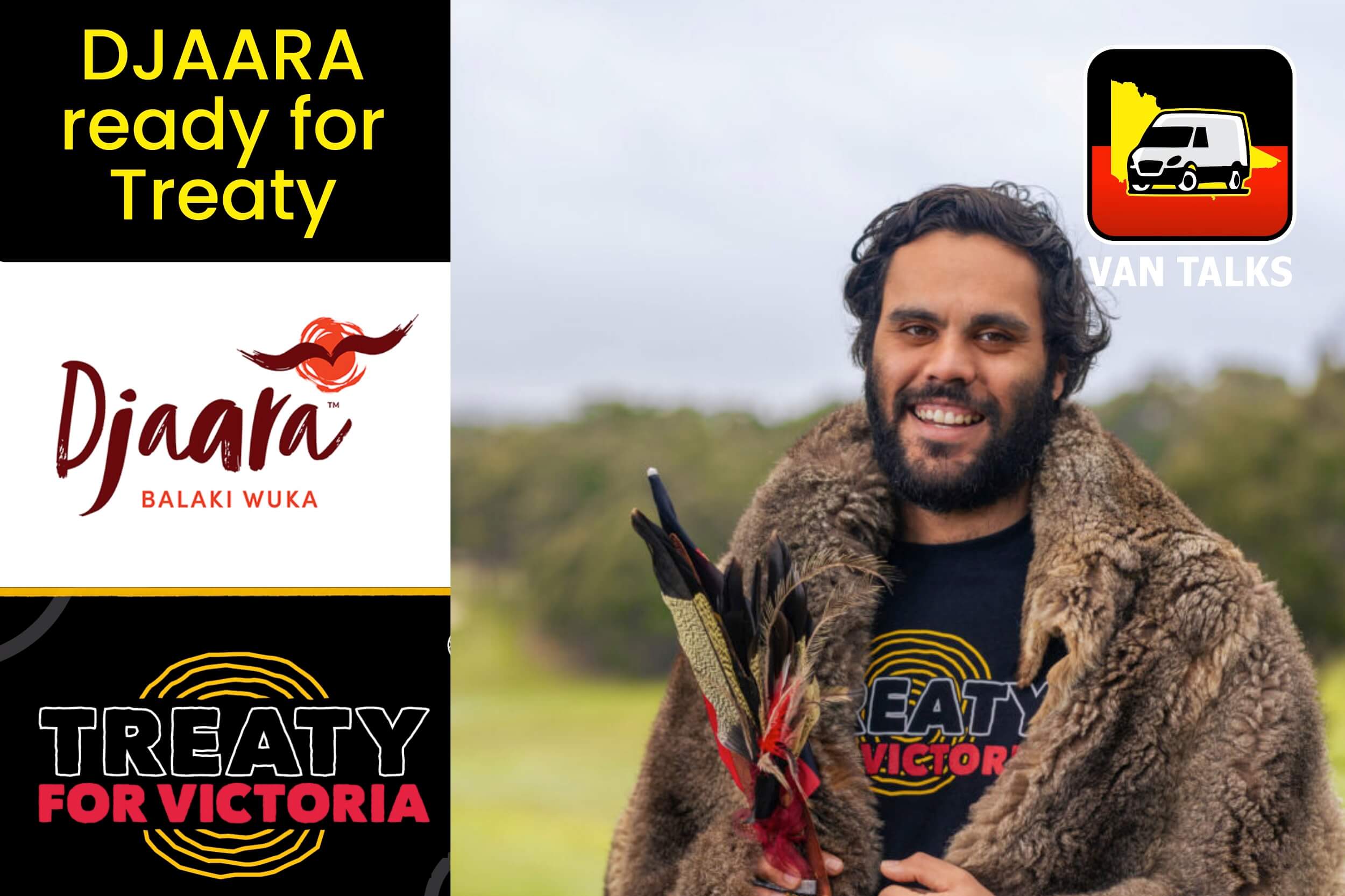
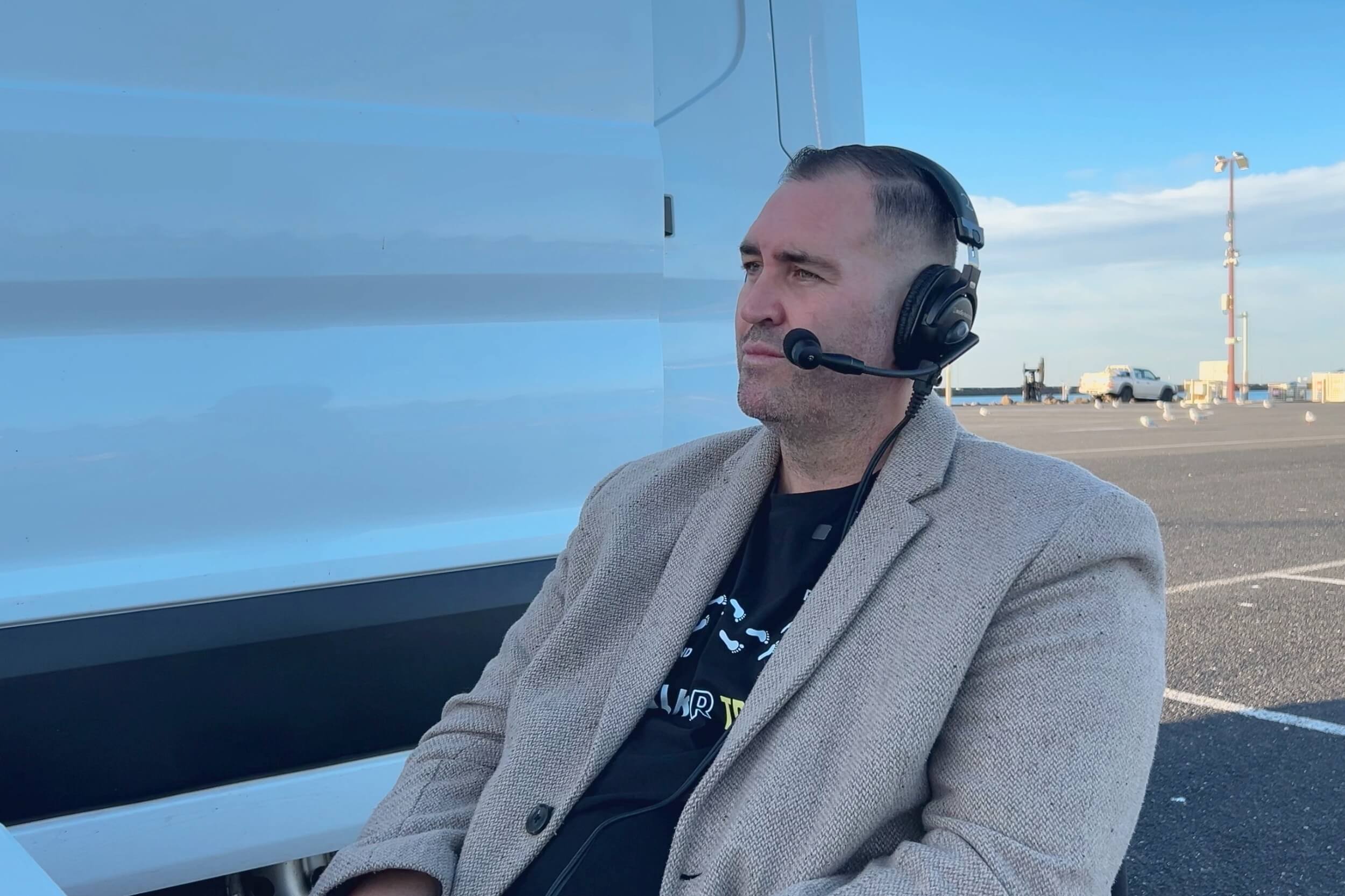
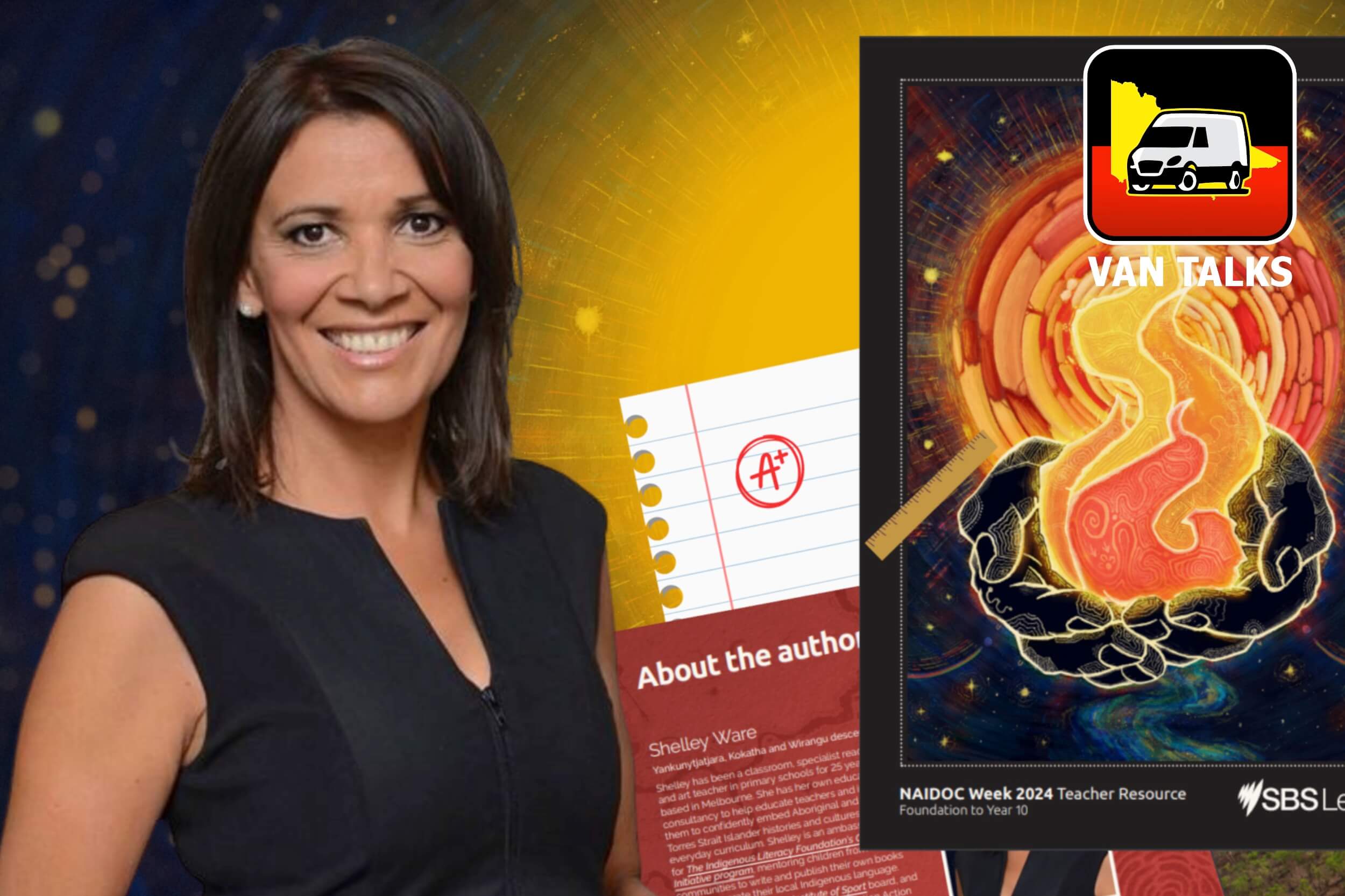
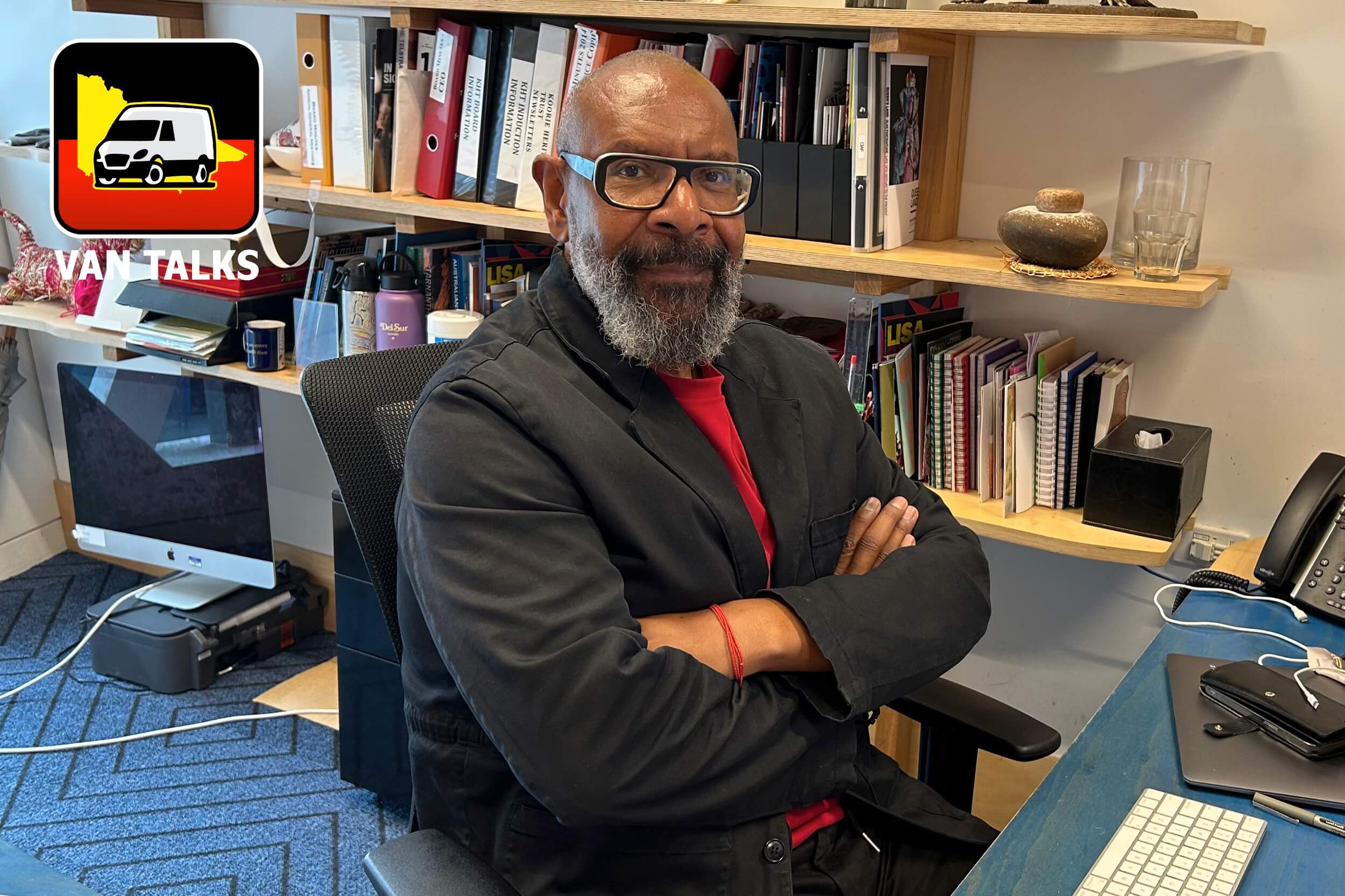
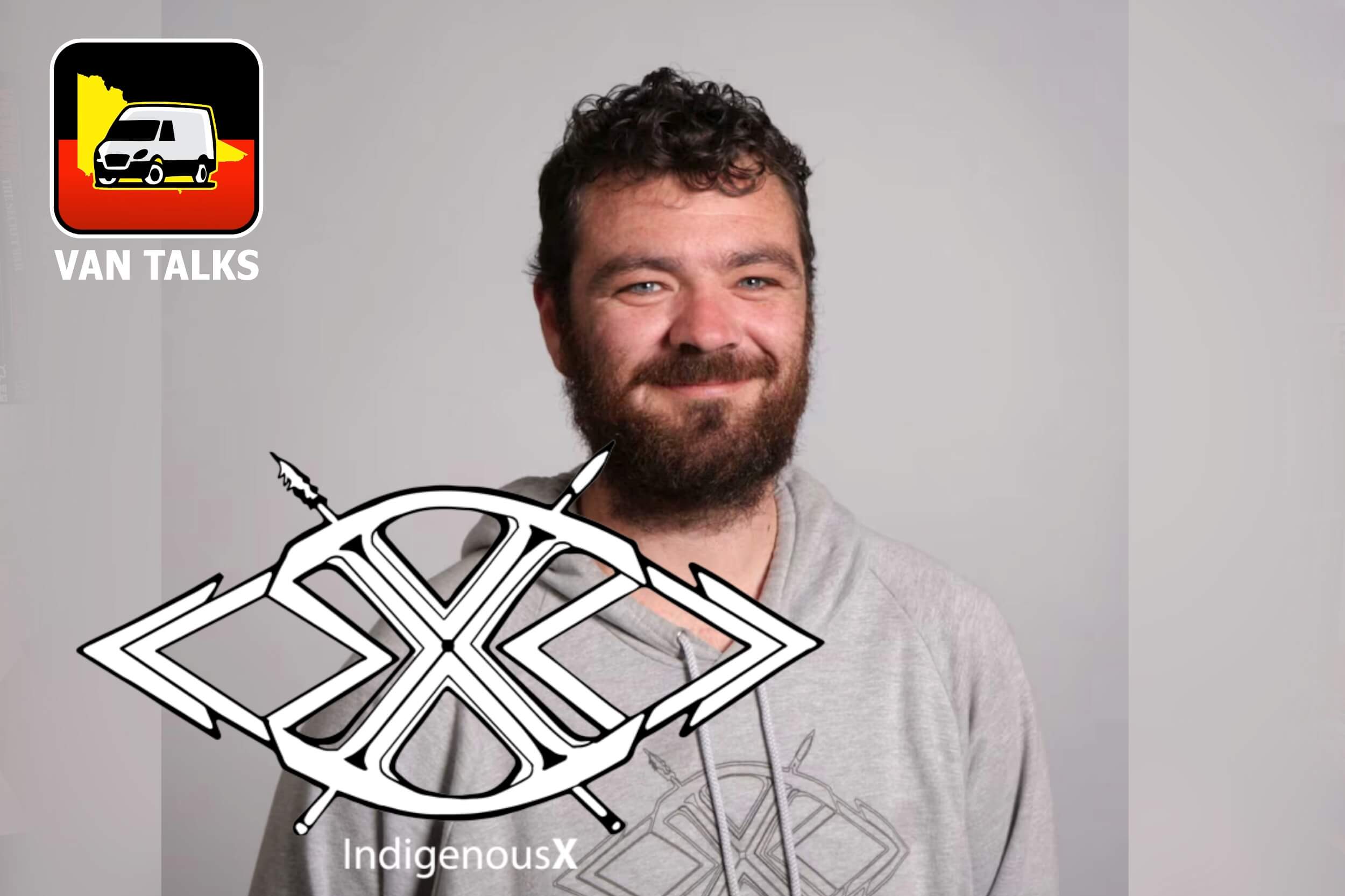

Thanks for sharing. All good wishes to you Senator Cox. Great that you can use terms in Parliamentary speeches like Genocide. First Australians has been such a useful term i have seen come about, . I am 88. I hope you can bring about the reality that the research and result at the War Memorial under the Government I guess, that this body recognise all killed doing their bit to defend Australia in the Frontier wars, and doing their bit to do the will of the rulers in saying it is legal to kill Aboriginals. It would go a long way in Australia’s understanding of a very sad past.